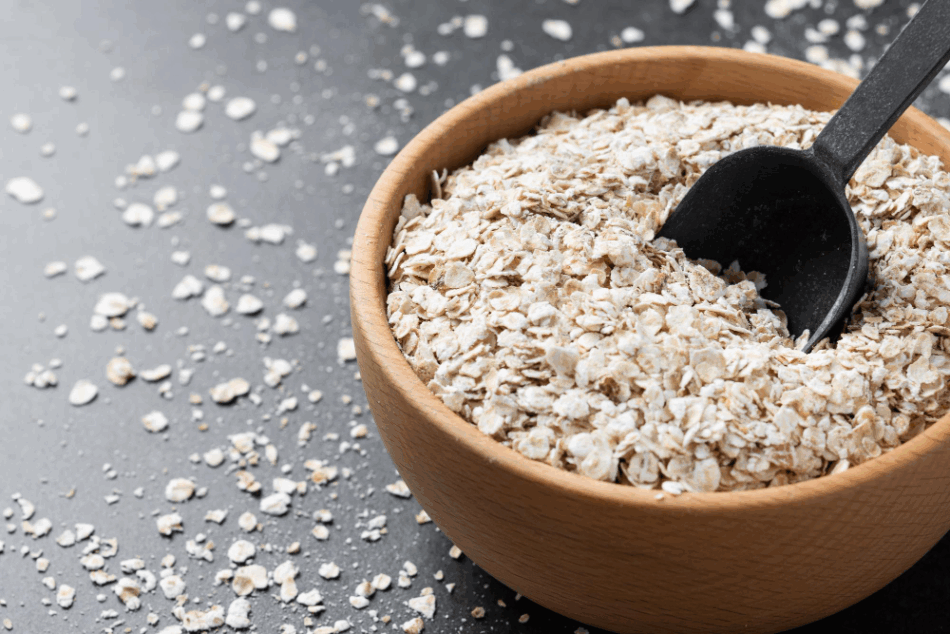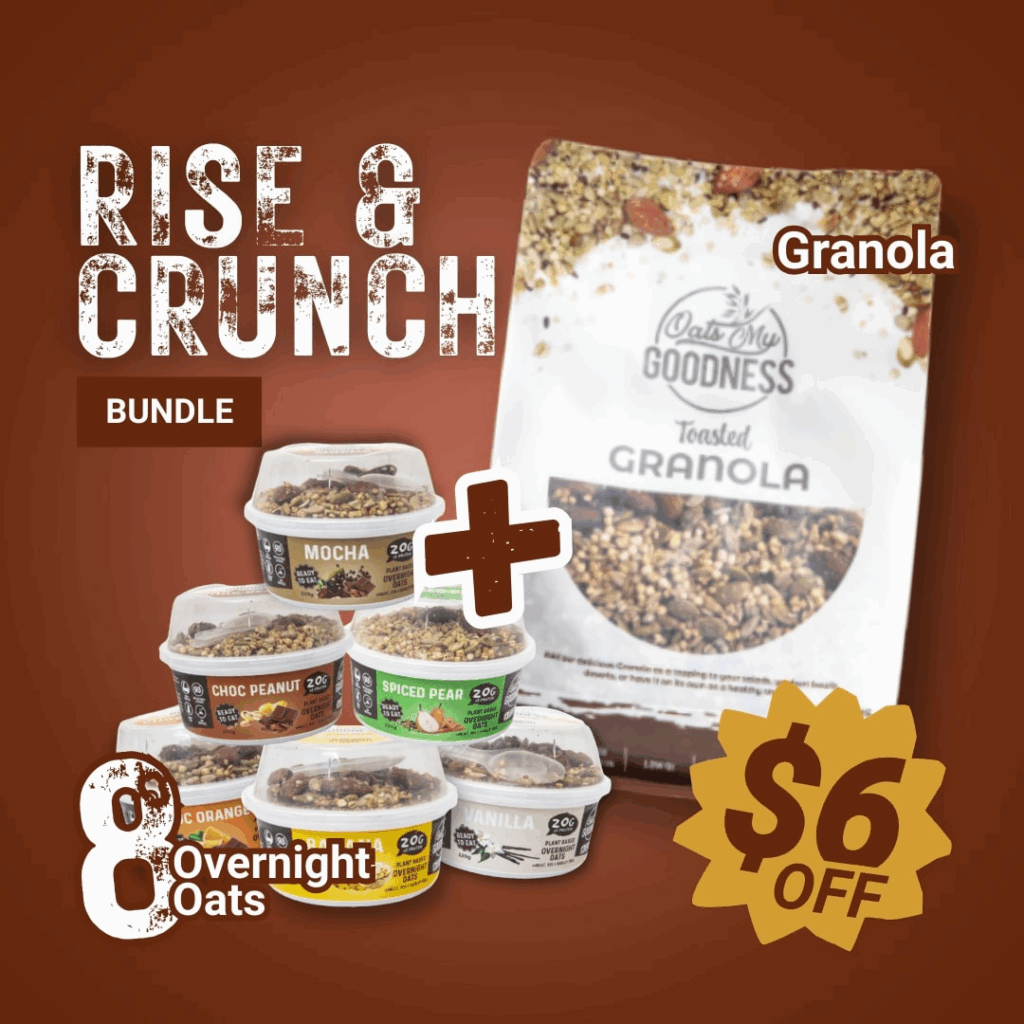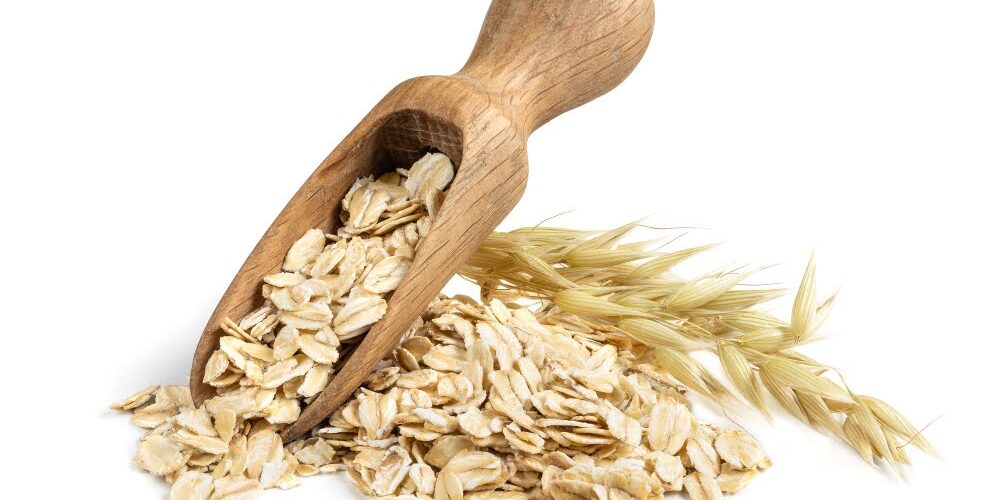If you’re passionate about your morning jar of overnight goodness, you’ve probably wondered about the grains that make it all possible. While both oats and wheat are cereal staples, they play very different roles in the kitchen, especially when it comes to your favourite no-cook breakfast. Understanding oats vs wheat isn’t just about trivia; it’s about optimising your nutrition, avoiding discomfort, and crafting the perfect creamy, dreamy texture every single time. Let’s dive into the delicious details.
Nutritional Comparison of Oats and Wheat
When comparing oats vs wheat, both provide essential macronutrients like protein, carbohydrates, and small amounts of fat. However, oats contain a unique type of soluble fibre called beta-glucan, which supports heart health and helps maintain stable energy. Wheat, on the other hand, is higher in insoluble fibre, which is good for digestion but doesn’t offer the same cholesterol-lowering benefits.
Oats also provide higher levels of key micronutrients, such as manganese, phosphorus, and antioxidants, making them an excellent choice for a nutrient-dense breakfast.
Health Benefits of Oats for Overnight Oats

Oats are the undisputed king of the overnight breakfast for a reason! Their superstar soluble fibre, beta-glucan, works wonders by helping to lower cholesterol and support heart health. This same fibre slows down digestion, leading to a gradual release of sugar into your bloodstream; perfect for avoiding those mid-morning energy crashes. And let’s not forget satiety; oats are incredibly filling, helping you feel satisfied for longer, which can be a game-changer for weight management. Soaking them overnight makes them easy to digest and allows your body to absorb all these excellent nutrients effortlessly.
Potential Drawbacks of Wheat in Overnight Oats
While wheat is fantastic in bread and pasta, it’s not ideally suited for cold-soaked recipes like overnight oats. Wheat berries or cracked wheat have a much denser, chewier texture that doesn’t soften and “cream” in the same way oats do. This can result in a gritty, unpleasant mouthfeel. Furthermore, because wheat lacks the same soluble fibre structure, it can be harder to digest when raw or soaked, potentially leading to bloating for some. Its different starch composition can also cause it to spoil faster when soaked in liquid, making oats a much safer and more reliable choice.
Taste and Texture Differences in Overnight Oats
This is where oats truly shine. Rolled oats absorb liquid beautifully, softening into a uniquely creamy, uniform, and pleasantly soft texture that’s become a breakfast favourite. They have a mild, slightly nutty flavour that acts as a perfect canvas for all your favourite toppings. In contrast, wheat-based alternatives remain denser, more granular, and never achieve the same level of creaminess. They can have a stronger, earthier flavour that might overpower other ingredients. For that classic, comforting overnight oats experience, nothing beats the texture and neutral flavour of good old-fashioned oats.
Best Practices for Choosing the Right Grain for Overnight Oats

For the perfect jar, always choose rolled oats. Their flattened shape is designed to absorb liquid perfectly, yielding that ideal creamy consistency.
At Oats My Goodness, we take this one step further. Our oats are free from wheat, rye, and barley contaminants, and every batch is 3rd party lab tested to guarantee safety and quality. This makes them a unique, trustworthy option for anyone who is sensitive to these grains but still wants a nourishing, tummy-friendly breakfast.
To maximise nutrition, pair your oats with:
- Plant-based milk for a creamy, dairy-free soak.
- Chia seeds or flaxseeds for extra fibre.
- Nut butter for protein and healthy fats.
- Fresh berries for antioxidants and natural sweetness.
Frequently Asked Questions
Can I replace oats with wheat?
Technically, yes, but it’s not ideal. Wheat doesn’t soak as well as oats and won’t deliver the same creamy texture. It may work in some cold cereal-style recipes, but oats are a much better choice for traditional overnight oats.
What is easier to digest, wheat or oats?
For many people, oats are easier to digest due to their soluble fibre, which supports gut health. Wheat can feel heavier and may be harder for some to process, especially in raw or cold-soaked forms.
Which is healthier, oats or wheat?
Both are nutritious, but oats generally offer more health benefits. They support heart health, provide more soluble fibre, and have a slower energy release, making them particularly effective for a balanced breakfast.
Conclusion
When it comes to oats vs wheat, oats are clearly the winner for overnight oats lovers. They’re lighter, creamier, easier to digest, and provide unique health benefits that wheat can’t match. At Oats My Goodness, our oats go further; they’re carefully sourced, lab tested, and free from wheat, rye, and barley contaminants. This means you can enjoy every jar of overnight oats with confidence, knowing it’s as safe as it is delicious.
Discover the full range of nourishing overnight oats from Oats My Goodness and start your day with flavour, energy, and peace of mind.








